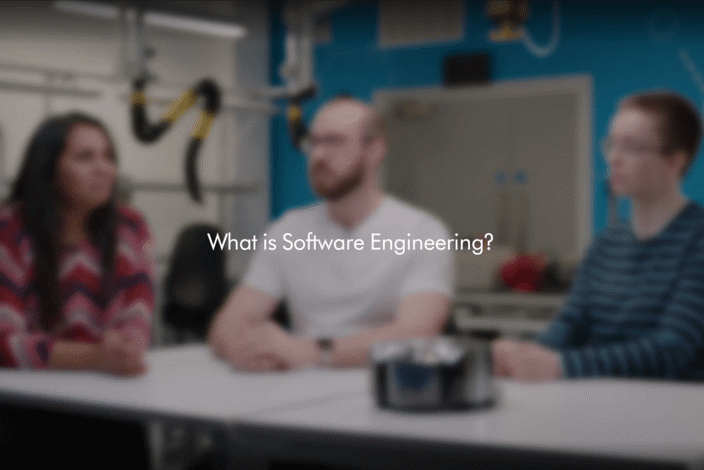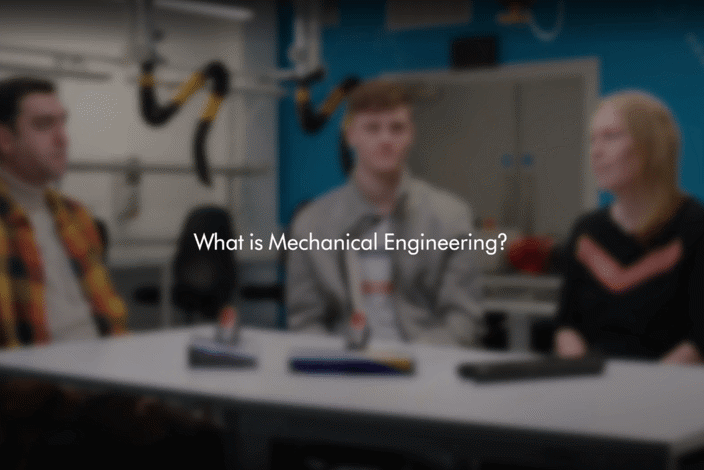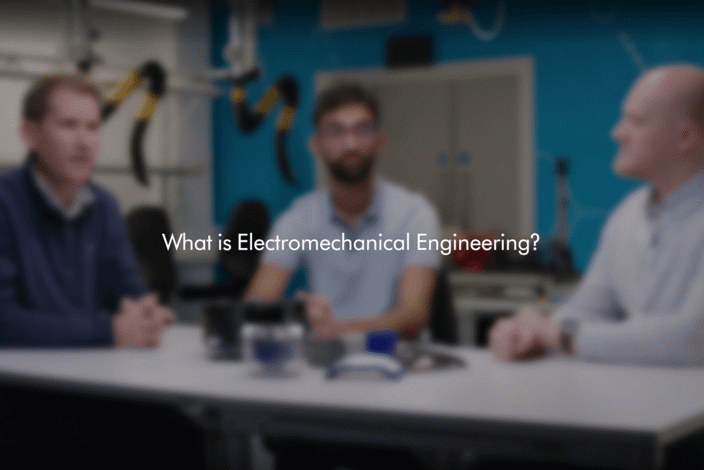Engineering at Dyson
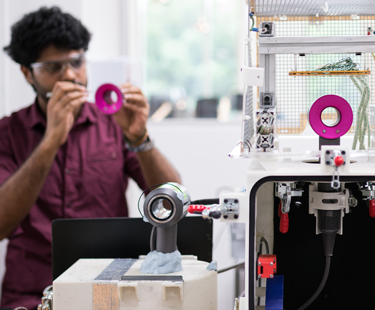
A global technology enterprise
Dyson is focused on solving the problems that others have ignored; solving them first using our technology and ingenuity. In order to achieve this, we need to pioneer technologies that are different and authentic. This is the core of what we do and who we are. We must strive to create the future every single day by developing something new, different and against the grain with a diverse global team of ingenious minds.
There is a range of engineering expertise at Dyson, including Connectivity, Electronics Hardware, Energy Storage, Machine Learning, Manufacturing, Mechanical Technology Development, Motors and Powers Systems, New Product Innovation, Product Development, Research, Robotics and Software.
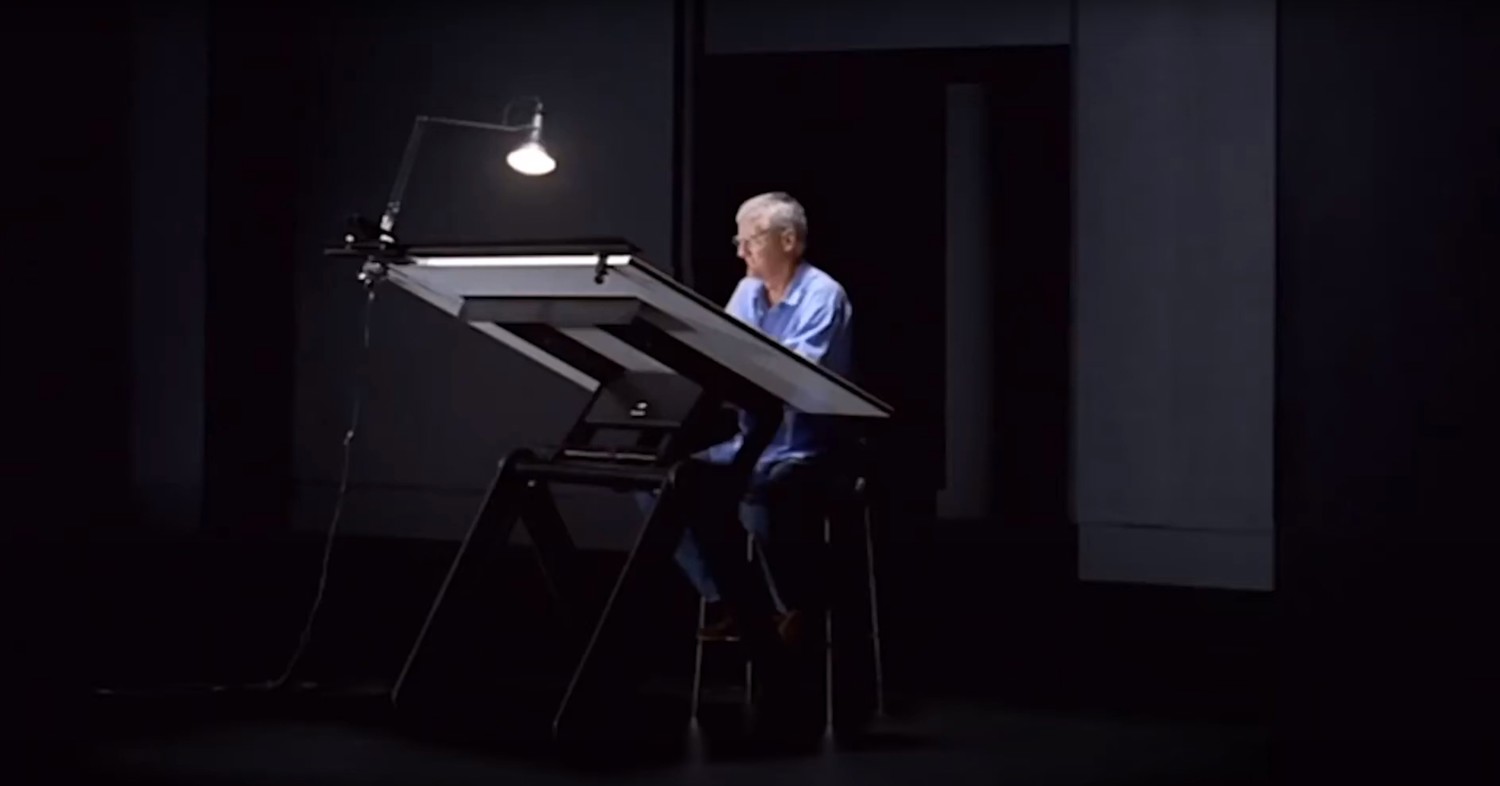
Our mission is simple. Solve the problems others seem to ignore.
Engineering at the Dyson Institute
At the Dyson Institute, you'll be exposed to a range of disciplines at the heart of Dyson technology through your workplace rotations and academic study, including software, mechanical and electronics hardware engineering. You will then have the opportunity to specialise in one of these areas, or combine through the electromechanical stream.
Software engineering
Software Engineering is about transforming creative concepts into functional end products such as applications, games, websites, or consumer products. At Dyson, this involves a focus on creating software that powers connected appliances, ensuring reliable, efficient, and user-friendly experiences. It's crucial in developing cutting-edge, technology-based products. Software is a collaborative discipline which brings together a rich diversity of engineering teams and other stakeholders to model products, making them robust and safe to use. At the Dyson Institute, our software engineering program starts from basic coding to advanced algorithm design and software development. You'll master problem-solving, teamwork, and managing large-scale projects, gaining proficiency in various programming languages. This comprehensive learning journey provides a profound understanding of technology's impact, enabling you to create innovative digital solutions for the future.
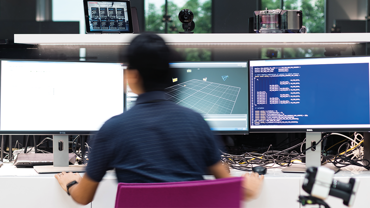
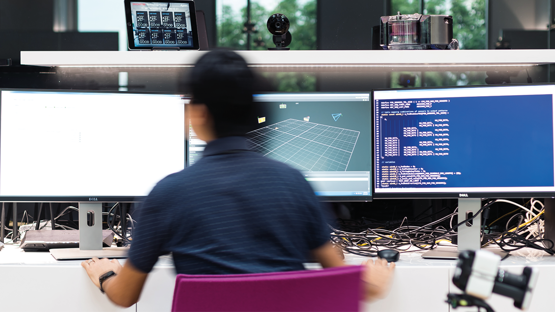
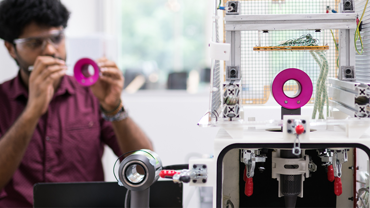
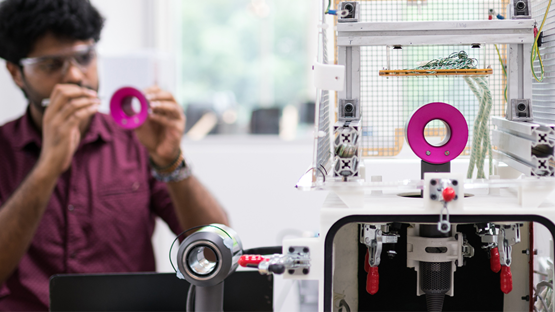
Electrical and electronics engineering
Electrical and electronics engineering involves crafting physical components for devices like phones and computers, focussing on enhancing efficiency and solving problems. Whether innovating for energy-saving, designing device assembly plans or creating prototypes, collaboration with mechanical and software engineers is pivotal. At Dyson, electronics hardware engineers are instrumental in driving innovation, by creating smart and efficient components for products such as vacuum cleaners, hairstylers, and air purifiers. On our programme, you'll build a robust foundation in electronics hardware, principles of circuit design, troubleshooting electronic systems, and navigating ethical and safety considerations. You'll work closely with Dyson's talented engineering teams, gaining hands-on, professional work experience from day one.
Mechanical engineering
Mechanical engineering involves inventing, analysing, and troubleshooting machines. Whether in beauty products, or car engines, mechanical engineering emphasises efficiency and safety. At Dyson, mechanical engineering is prevalent across motors, airflow, robotics, and new product innovation teams, facilitating the design of meticulously crafted components for products like vacuum cleaners, fans and hair styling products. At the Dyson Institute, you'll learn to design machine components, use software for digital modelling, study core mechanics concepts, build and test prototypes, analyse data, and creatively solve real-world mechanical challenges. You'll be prepared for a rewarding career, enabling you to contribute to innovative products and technologies.
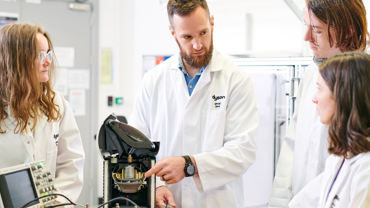
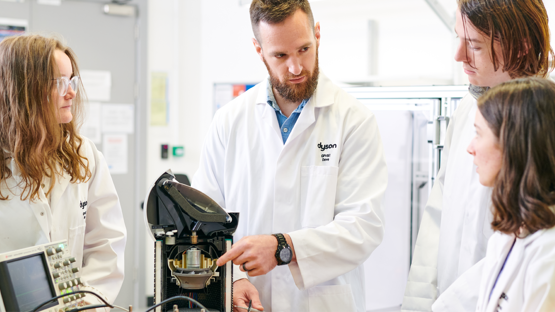
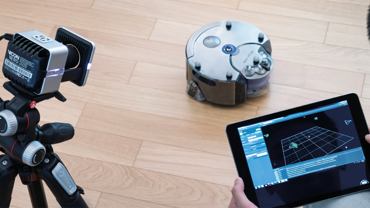
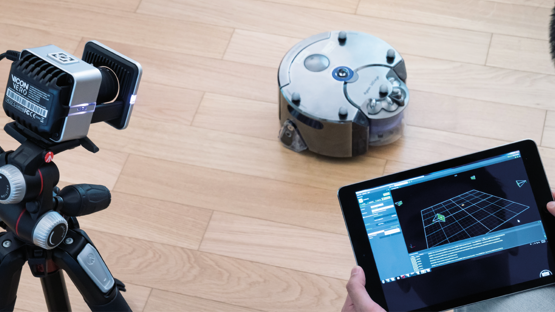
Electromechanical engineering
Electromechanical engineering unites electronics, mechanics, and software engineering, showing how these fields complement each other. This engineering discipline allows you to combine mechanical attributes with electronics and software, creating advanced systems unattainable in individual fields. At Dyson, this interdisciplinary approach is crucial as products become more interconnected, enabling enhanced user interactions and requiring a holistic engineering understanding. Mastering this blend not only enables the development of innovative products, but can also prepare you for leadership roles as your comprehensive knowledge of the broader engineering landscape empowers informed operational decisions.
